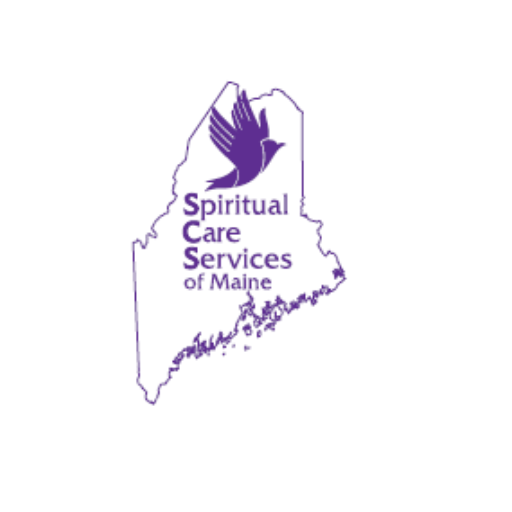Spirituality involves the recognition of a feeling or sense or belief that there is something greater than ourselves, something more to being human than sensory experience, and that the greater whole of which we are part is cosmic or divine.
Developing and maintaining healthy spirituality is an important part of everyone’s well-being. Some of us are oriented toward a specific tradition and/or articulated belief system with specific beliefs and practices. Some of us subscribe to a less formal spirituality that may involve nature, individual connection to our “north star” and different ways we create community around our value system.
Spirituality is an important part of our wholeness and our humanity. Healthy spirituality can provide tools for navigating life’s challenges. It can provide comfort in situations that have no easy answers. Sometimes religion or spirituality can cause harm. Religious and spiritual trauma occurs when a person’s religious experiences are stressful, degrading, dangerous, abusive, or damaging. Traumatic religious experiences may harm or threaten to harm someone’s physical, emotional, mental, sexual, or spiritual health. This can be particularly damaging because your belief system and community are not providing you comfort at a time of need, and are also contributing to harm.
If you have experienced religious or spiritual trauma, seek help and support.
- Find someone safe and trustworthy to process your feelings with.
- Develop personal practices that connect to spirit. Consider yoga, dancing, prayer, and walking in nature.
- Participate in a community that supports healthy connection. AA, church, exercise groups, and recovery programs are examples of places to participate in a healthy community.
- Recognize that even in specific traditions, there is a range of expression. If you feel unsupported in one specific Christian or Jewish community, try another to see if feels like a better fit.
- Don’t lose sight of the importance of nurturing your spirituality as a part of your overall wellness.
SCS Maine provides inclusive spiritual care for people of any faithr or tradition or no faith or tradition. Support is offered in individual and group settings for stress and anxiety and crisis management. We support all people, and do not discriminate on the basis of race, color, religion, national origin, sex, pregnancy, sexual orientation, gender identity and expression, disability, age, ancestry, genetic information, addiction, incarceration, housing, or military/veteran status.
You can request a call from a chaplain by going to our website at scsmaine. org/requestachaplain or leave a message on our confidential voicemail at 207-261-5200. A chaplain will get back to you within 24 hours.
Lori Whittemore is a chaplain and the director of Spiritual Care Services of Maine, the minister of the Unitarian Universalist Church of Saco-Biddeford and a chaplain trainer. Lori lives in Saco with her family.




